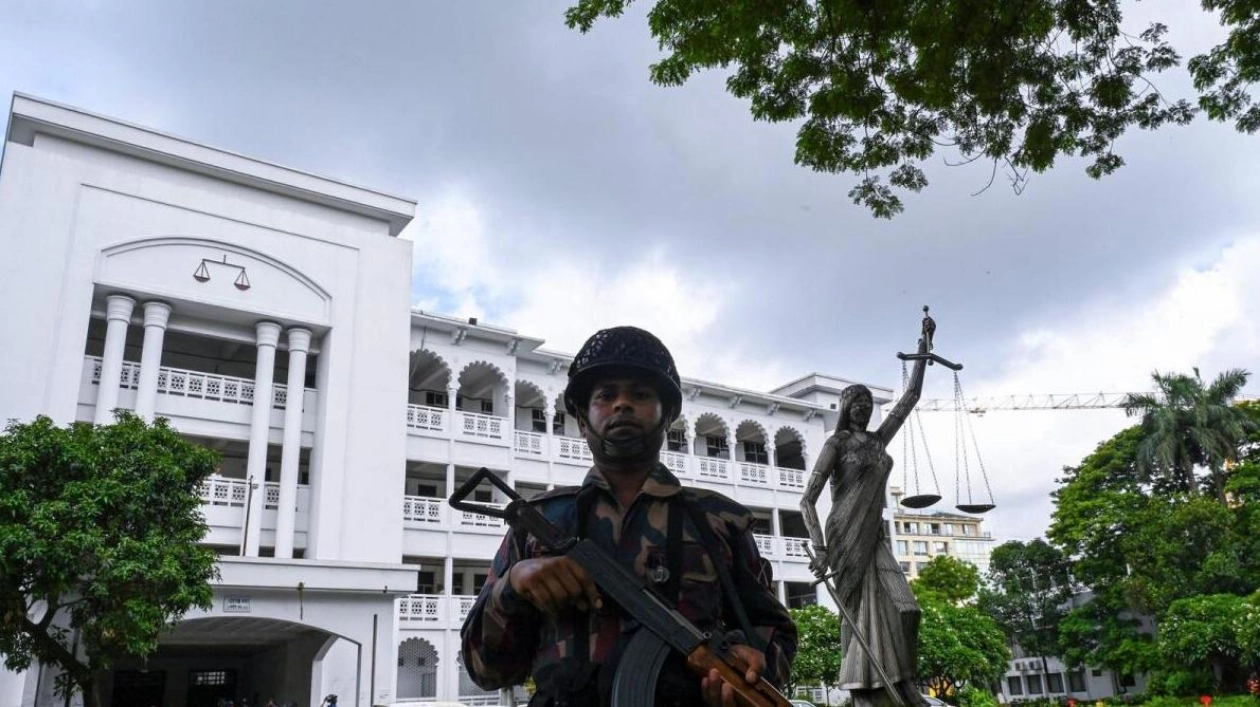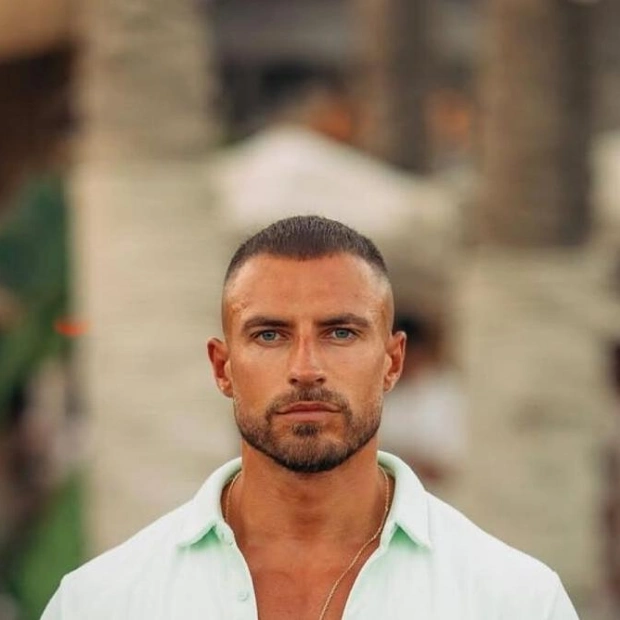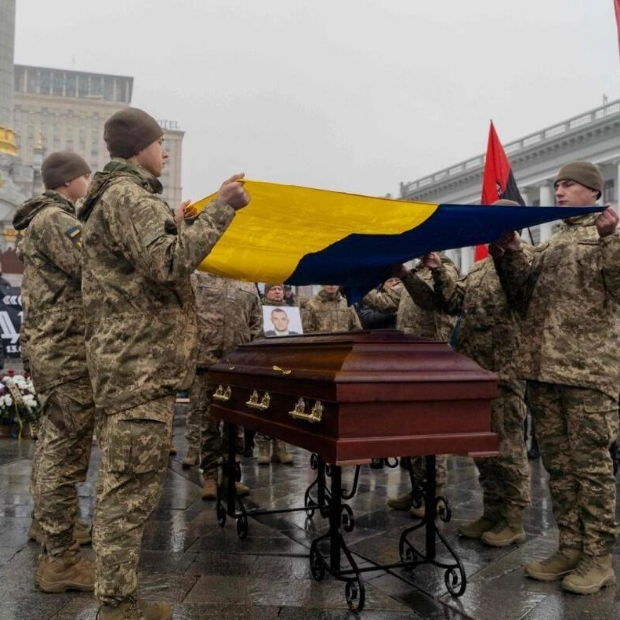Bangladesh's highest court has revised controversial regulations for civil service recruitment, yet this did not appease university student leaders. Their protests against these rules have led to nationwide conflicts resulting in 151 deaths. Initially a demonstration against politically influenced admission quotas for coveted government positions, the issue escalated into significant unrest during Prime Minister Sheikh Hasina's administration. Military forces are now patrolling cities as riot police were unable to restore order, and a nationwide internet shutdown since Thursday has severely limited information flow to the outside world.
The Supreme Court was originally scheduled to rule on the legality of the recently reinstated scheme next month, which reserves over half of government jobs for certain applicants. However, it expedited its decision due to the escalating civil unrest. The court declared the scheme introduced by a lower bench last month as "illegal", according to Bangladeshi Attorney General AM Amin Uddin. Lawyer Shah Monjurul Hoque, involved in the case, stated that the court urged protesting students to resume their studies after delivering its verdict.
The ruling reduced the number of reserved jobs from 56% to 7%, but did not fully meet the protesters' demands. It set aside 5% of government positions for the children of "freedom fighters" from Bangladesh's 1971 war of liberation against Pakistan, down from 30%. Additionally, 1% was reserved for tribal communities and another 1% for individuals with disabilities or identifying as third gender under Bangladeshi law. The remaining 93% of positions would be allocated based on merit, according to the court.
The "freedom fighter" category, in particular, is a source of discontent among young graduates, with critics alleging it is used to fill public jobs with loyalists to Hasina's ruling Awami League. Students demanded the complete elimination of this category, along with other quotas for women and specific districts. A spokesman for Students Against Discrimination, the primary group organizing the protests, welcomed the Supreme Court's verdict but stated that protests would continue until the government addressed their demands.
Opponents accuse Hasina's government of manipulating the judiciary, and the prime minister had hinted earlier that the court would rule in favor of student demands. Hasina, who has been in power since 2009 and won her fourth consecutive election in January, is accused by rights groups of misusing state institutions to strengthen her grip on power and suppress dissent, including through extrajudicial killings of opposition activists.
Business owner Hasibul Sheikh, 24, at a Saturday protest in Dhaka, stated that the demand is now solely for the government's resignation. With about 18 million young people unemployed in Bangladesh, according to government data, the reintroduction of the quota scheme has deeply disturbed graduates facing a severe jobs crisis. Hasina exacerbated tensions by comparing protesters to Bangladeshis who collaborated with Pakistan during the country's independence war.
Crisis Group's Asia director Pierre Prakash noted that instead of addressing protesters' grievances, the government's actions have worsened the situation. Since Tuesday, at least 151 people, including several police officers, have been killed in nationwide clashes, according to an AFP tally of victims reported by police and hospitals. Police have detained members of the main opposition Bangladesh Nationalist Party (BNP) and Students Against Discrimination. Bangladesh home minister Asaduzzaman Khan stated that the curfew imposed on Saturday would continue until the situation improves, citing arson attacks that have disabled Dhaka's metro rail network.
The US State Department has advised Americans against traveling to Bangladesh and announced plans to evacuate some diplomats and their families due to the civil unrest.






